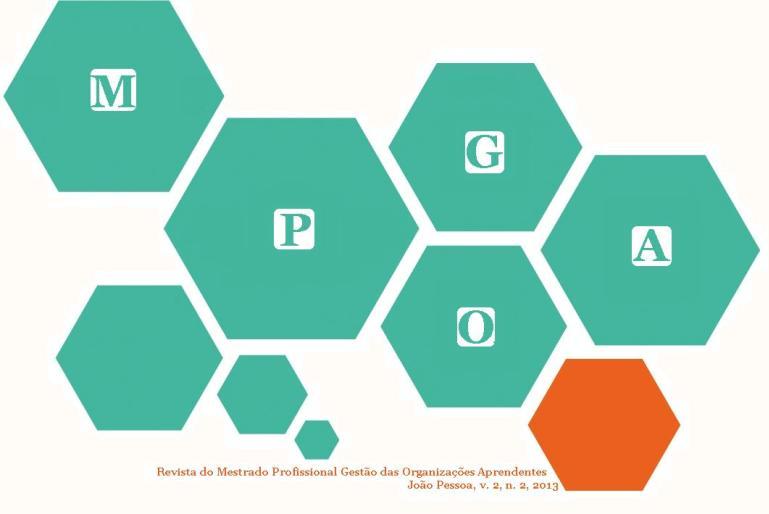AS ESTRUTURAS DA POLÍTICA GLOBAL NA EJA: PROPOSTA TEÓRICA DE UM MODELO DE INTERPRETAÇÃO
DOI:
https://doi.org/10.23179/2317-9082Palavras-chave:
Educação Internacional, Políticas Globais, EJA - Educação de Jovens e Adultos.Resumo
Este artigo se estrutura em duas partes. Na primeira parte ressalta perspectivas inovadoras no campo da educação internacional comparada que teoricamente ou metodologicamente capturam a dimensão global de políticas que atravessam lugares materiais e ideacionais, questões sociais e políticas, e interatuam com agenciadores, conceitos e tecnologias. Na segunda parte propõe um recorte original para estudar as estruturas das políticas globais na EJA que está baseada nessas perspectivas inovadoras, mas também é uma tentativa de superar suas limitações. De acordo com esse recorte, uma estrutura de políticas globais pode ser apreendida teoricamente por quatro categorias relacionais, cada uma incorpora ambas as instâncias que frequentemente são assumidas como dicotômicas.Assim, propõe-se aqui um modelo de interpretação teórica para o estudo da política global na EJA.
Downloads
Referências
BALL, S. J. Global Education Inc. New Policy Networks and the Neo-liberal Imaginary. New York: Routledge, 2012.
CARNEY, S. Negotiating Policy in an Age of Globalization: Exploring Educational "Policyscapes" in Denmark, Nepal, and China. Comparative Education Review, 53(1), 63-88, 2009.
______.“Imagining Globalization: Educational Policyscapes”. In: G. Steiner-Khamsi, F. Waldow (eds), World Yearbook of Education 2012: Policy Borrowing and Lending in Education, London: Routledge, 339-353, 2012
CERNY, P.G. “From ‘Iron Triangles’ to ‘Golden Pentangles’? Globalizing the Policy Process,” Global Governance, vol. 7(4): 397-410, 2001.
CORRY, O. What is a (global) polity? Review of International Studies, 36, 157-180.
EASTON, D. The Political System.An Inquiry into the State of Political Science. New York: Knopf, 2010. [1953]
FIELD, J. Lifelong Learning and the New Educational. Stoke-on-Trent: Trentham Books, 2006.
GELPI, P. Lifelong Education and International Relations. London: Croom Helm, 1985.
GRIFFIN, C. M. Adult Education as Social Policy. London: Croom Helm, 1987.
______. Political Science and Policy Analysis in Adult Education. In T. N. Postlethwaite, B. R. Clark, G. Neave& T. Husen (Eds.), Education: The Complete Encyclopedia (CD-ROM): Pergamon, 1998.
HOLFORD, J. et al, Patterns of Lifelong Learning: Policy & Practice in an Expanding Europe, Vienna: Lit Verlag, 2008.
JESSOP, B. State Power: A Strategic-Relational Approach. Cambridge: Polity, 2007.
LATOUR, B. Reassembling the Social. An Introduction to Actor-Network Theory. Oxford: Oxford University Press, 2005.
LEMKE, T. An indigestible meal?Foucault, governmentality and state theory.Distinktion: Scandinavian Journal of Social Theory, 15: 43-66, 2007.
LEVINSON, B.A.U., Sutton M., &Winstead T. Education Policy as a Practice of Power: Theoretical Tools, Ethnographic Methods, Democratic Options. Educational Policy, 23(6): 767-795, 2009.
______. Programs for democratic citizenship education in Mexico’s Ministry of Education: Local appropriations of global cultural flows. Indiana Journal of Global Legal Studies, 12(1), 251-284, 2005.
MILANA, M. Political globalization and the shift from adult education to lifelong learning.European Journal for Research on the Education and Learning of Adults 3(2), 103-117, 2012.
MUNDI, K. Global governance, educational change.Comparative Education, 43(3), 339-357, 2007.
OZGA, J.Policy Research in Educational Settings contested terrain. Buckingham: Open University Press, 2000.
PÖGGELER, F. The State and Adult Education. Frankfurt am Main: Verlag Peter Lang, 1990
REINALDA, B.; KULESZA, E.The Bologna Process - Harmonizing Europe's Higher Education 2 ed. rev.Leverkursen, Germany: Barbara BudricPiblisher, 2006.
RIDDELL, S.; J. MARKOWITSCH; E. WEEDON. Lifelong Learning in Europe: Equity and Efficiency in the Balance, Bristol: Policy Press, 2012.
RIZVI, F.; LINGARD, B. Globalizing Education Policy. New York: Routledge, 2010.
RIZVI, F. Mobilities paradigm and its challenges for comparative education.Keynote address to the XXIV conference of the Comparative Education Society of Europe, Uppsala, 16-19 August, 2010.
RHODES, R.A.W. Understanding governance. Buckingham and Philadelphia: Open University Press, 1997.
ROBERTSON, S. Signposts in ’doing’ critical transnational education policy analysis.Keynote address, inaugural conference of the ESREA Network on Policy Studies in Adult Education, University of Nottingham, 10-12 February, 2012.
SAAR, E.; URE, O-B.; HOLFORD, J. Lifelong Learning in Europe: National Patterns and Challenges. Cheltenham: Edward Elgar, 2013.
SHORE, C., WRIGHT, S., PERÒ, D.Policy Worlds: Anthropology and Analysis of Contemporary Power. London: Routledge, 1997.
______. Anthropology of Policy: Critical perspectives on Governance and Power. London: Routledge, 1997
SOBE, N.; ORTEGON, N. 'Scopic systems, pipes, models and transfers in the global circulation of educational knowledge and practices', in T. Popkewitz and F. Rizvi (eds), Globalization and the Study of Education (pp. 49-66). New York: NSSE/Teachers College Press, 2009.
STEINER KHAMSI, G.The Global Politics of Educational Borrowing and Lending. New York: Teachers’ College Columbia, 2004
TSING, A.L. Friction: An Ethnography of Global Connection. Princeton, NJ: Princeton University Press, 2005.
VAVRUS, F.; BARTLETT, L. Critical Approaches to Comparative Education. Vertical Case Studies from Africa, Europe, the Middle East, and the Americas: Palgrave MacMillan, 2009
______. Comparatively knowing: making a case for a vertical case study.Current Issues in Comparative Education, 8(2), 95-103, 2006.



